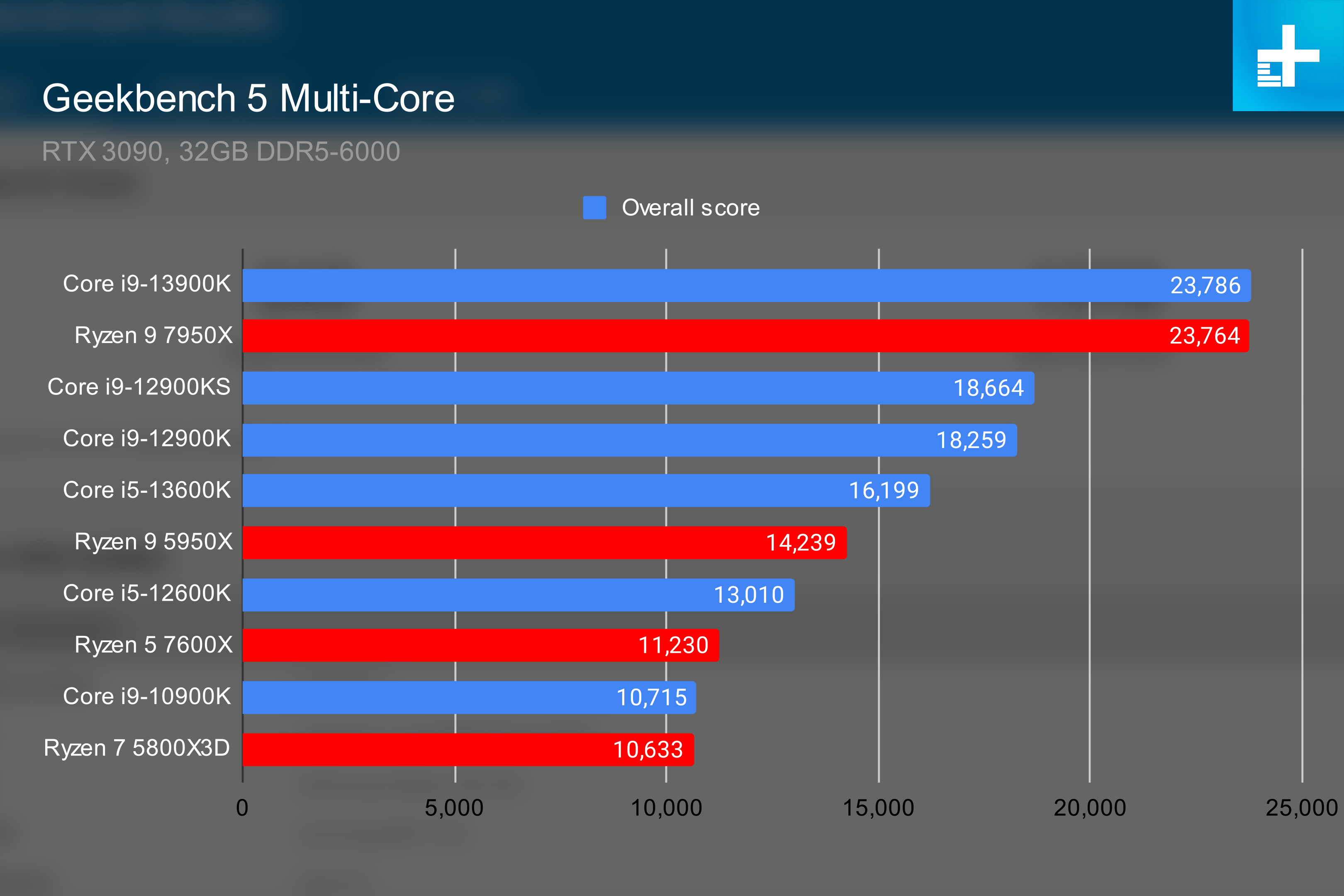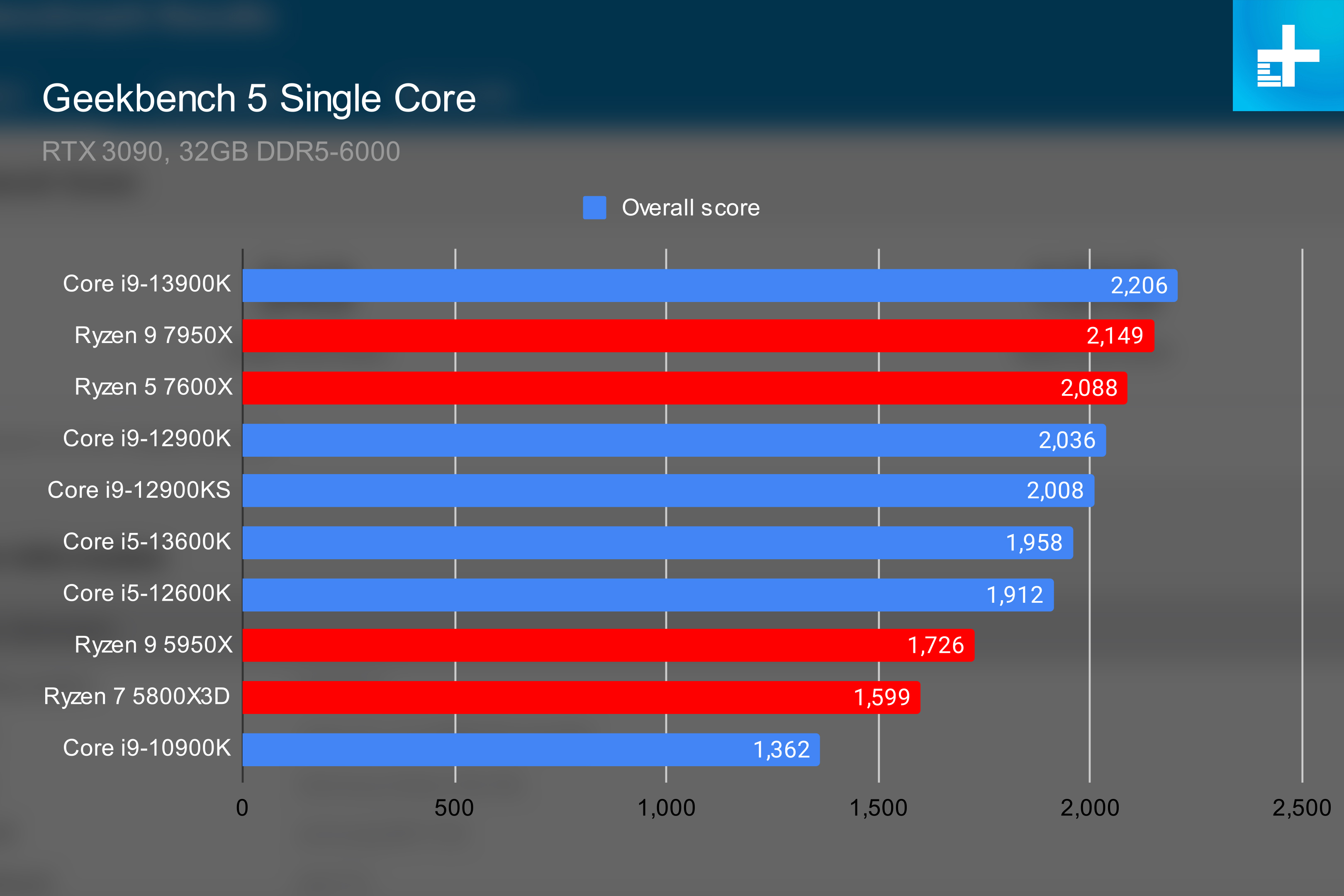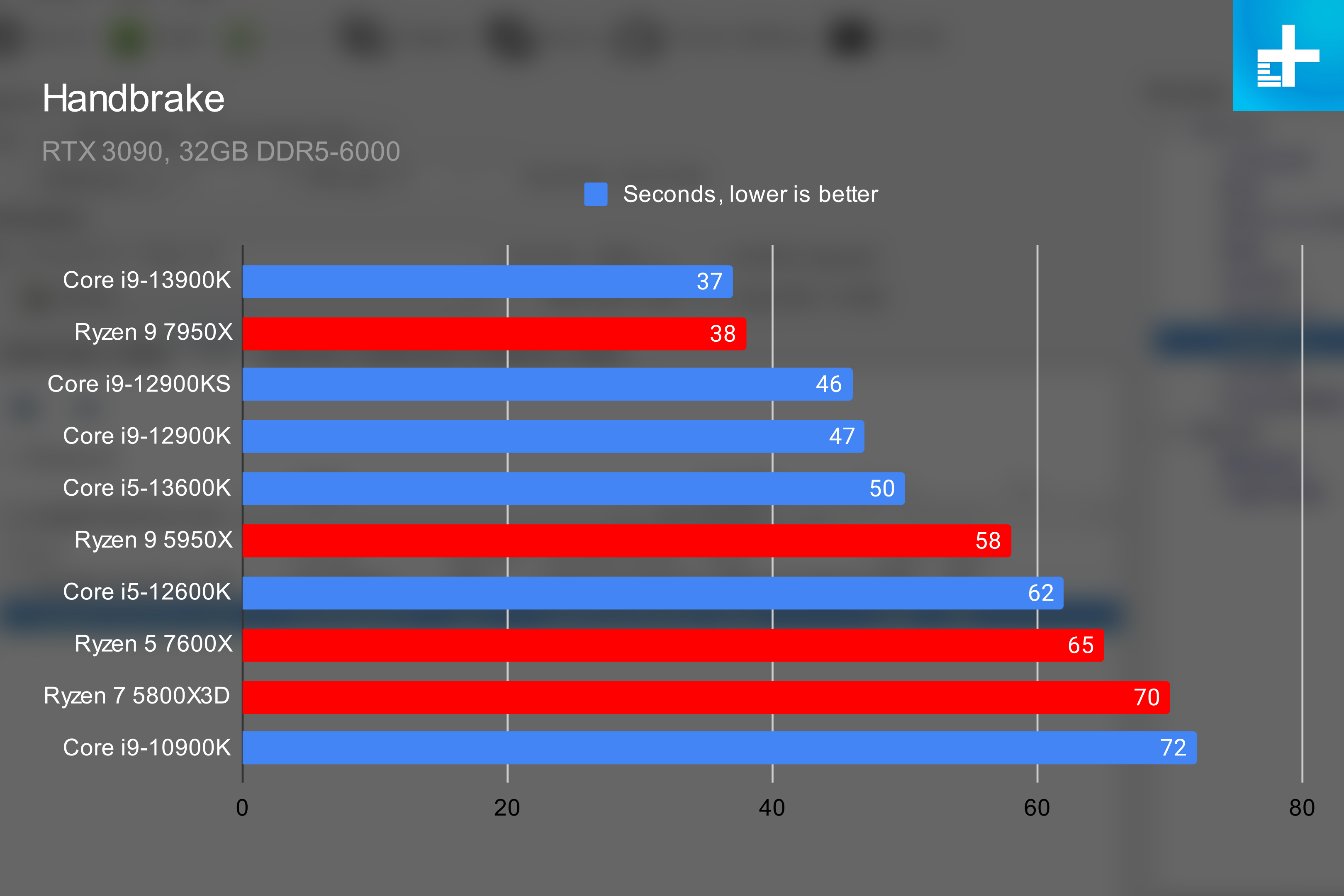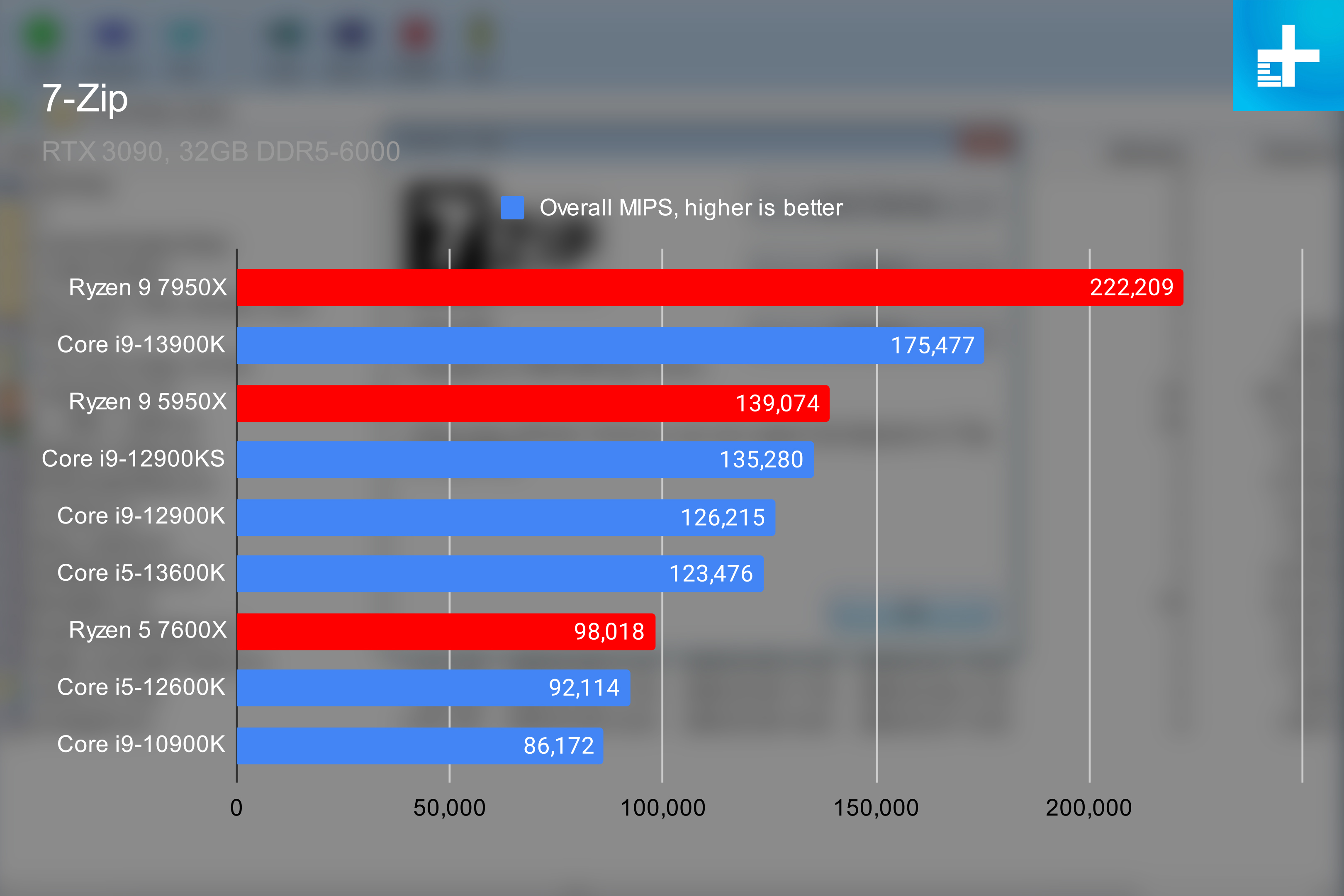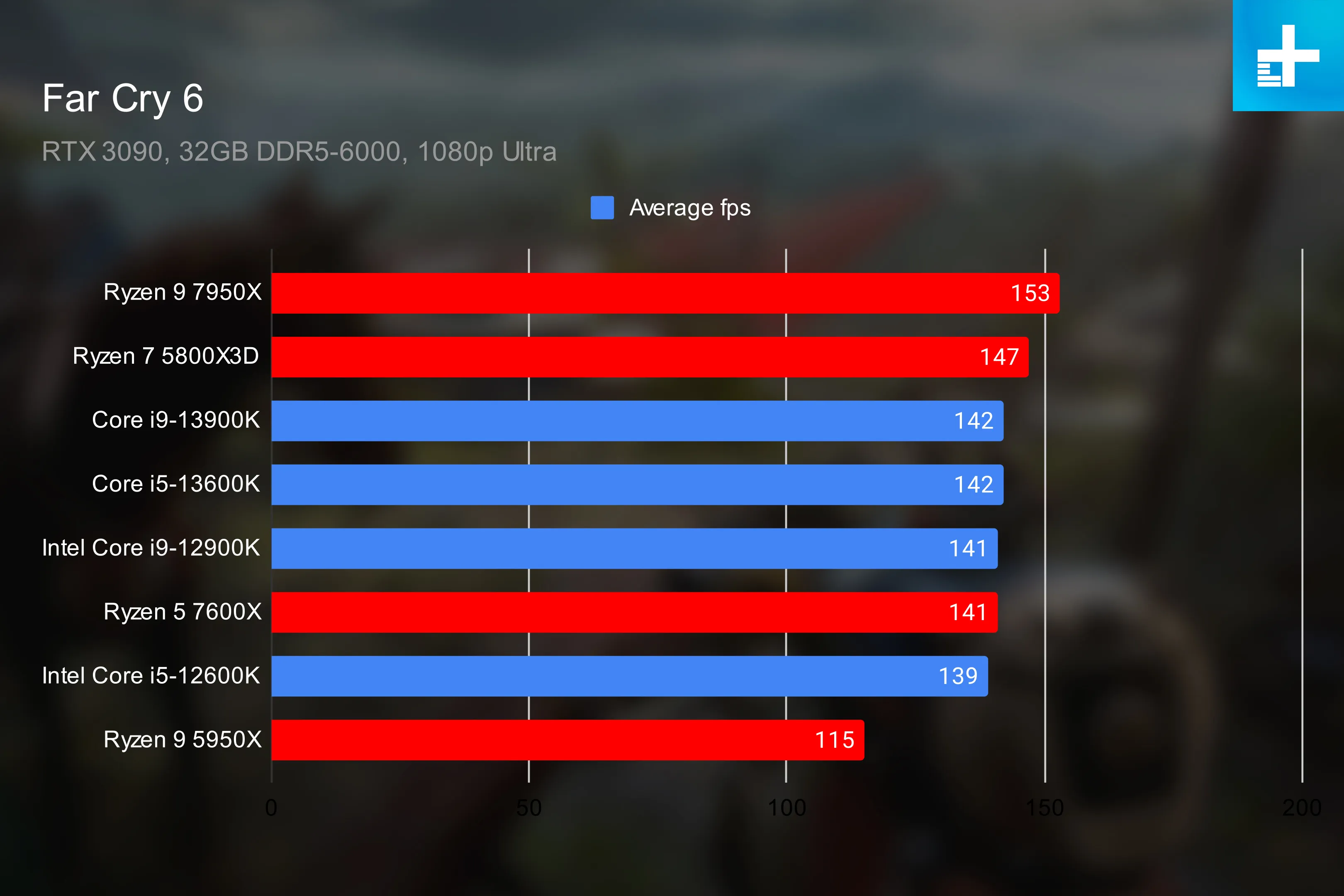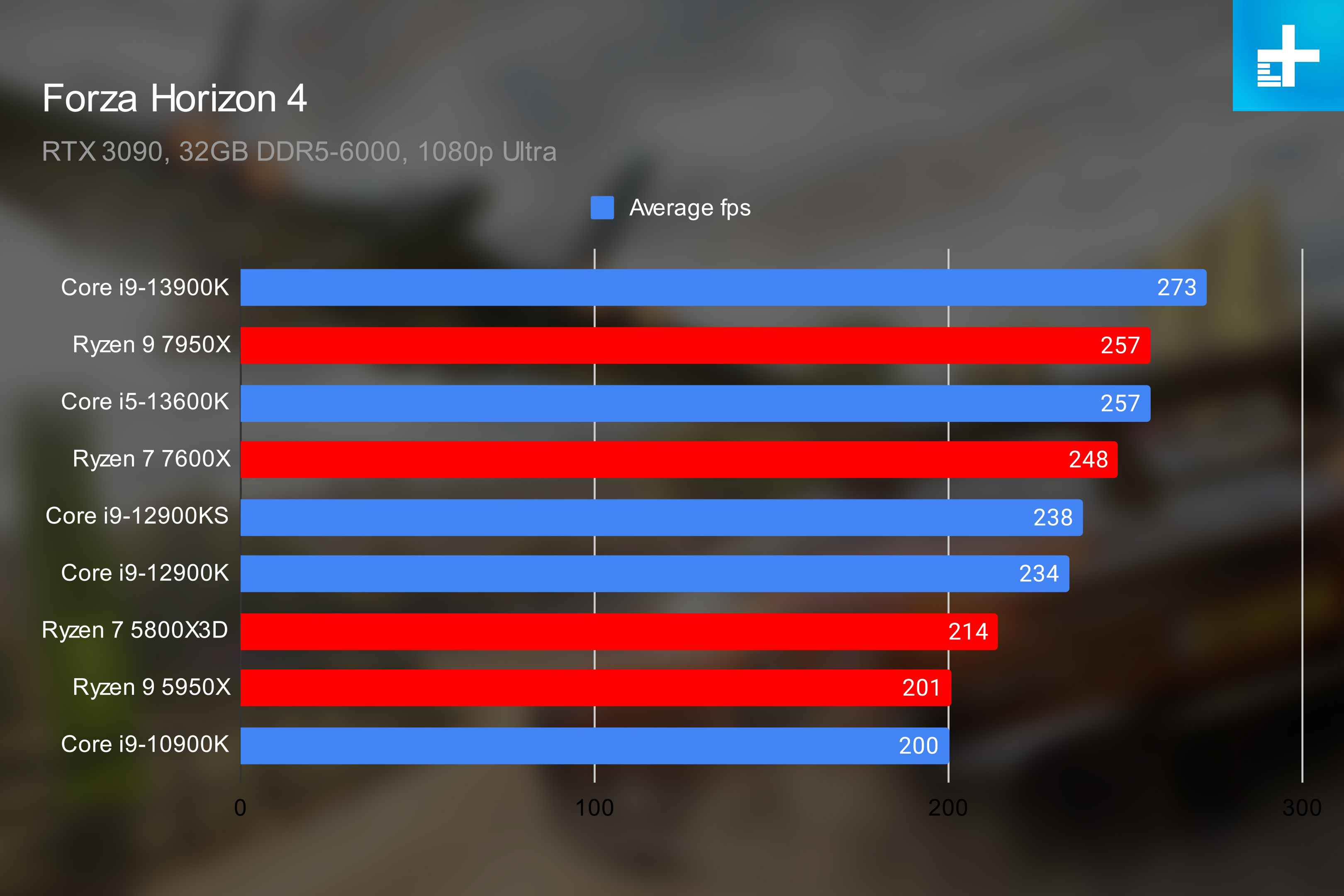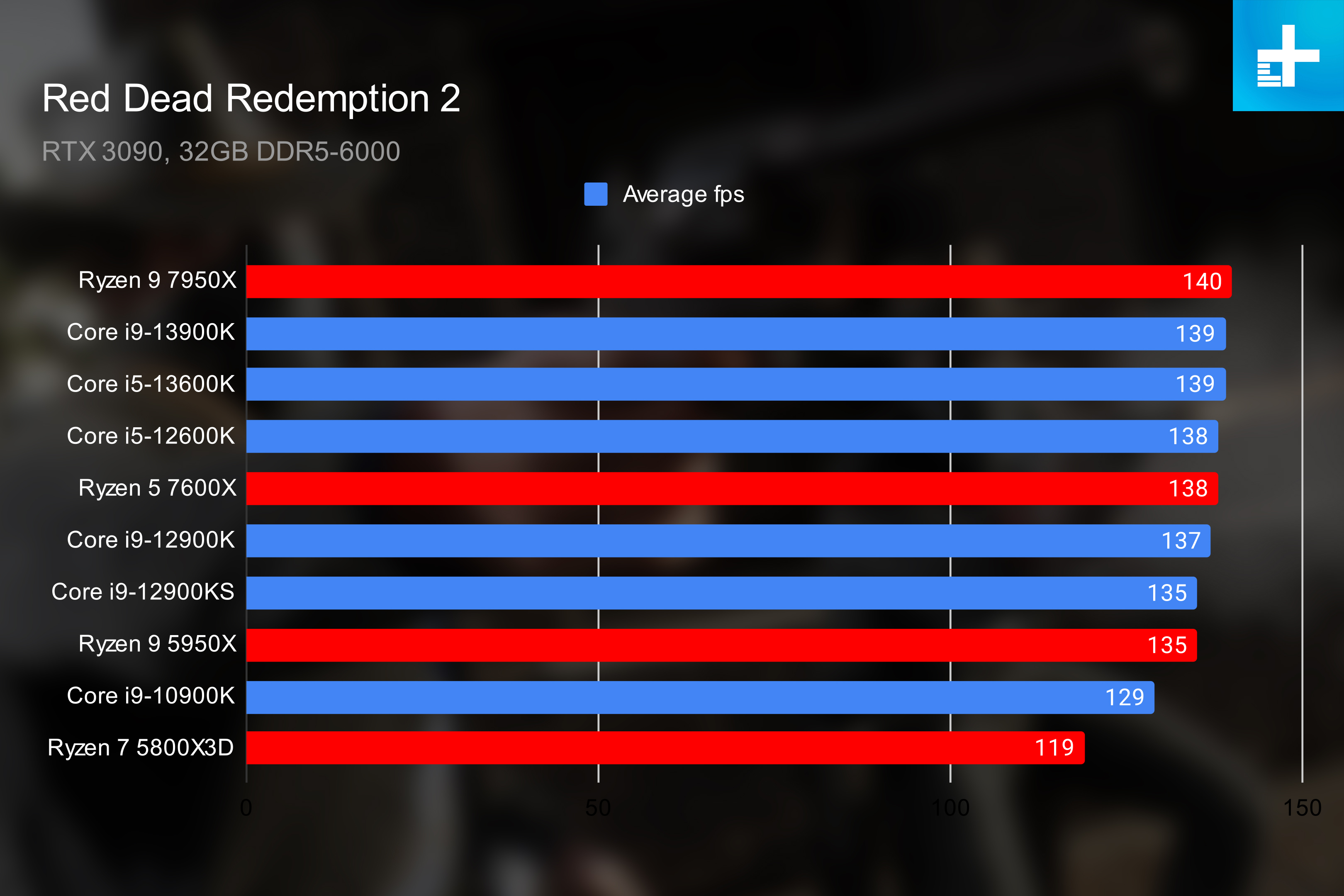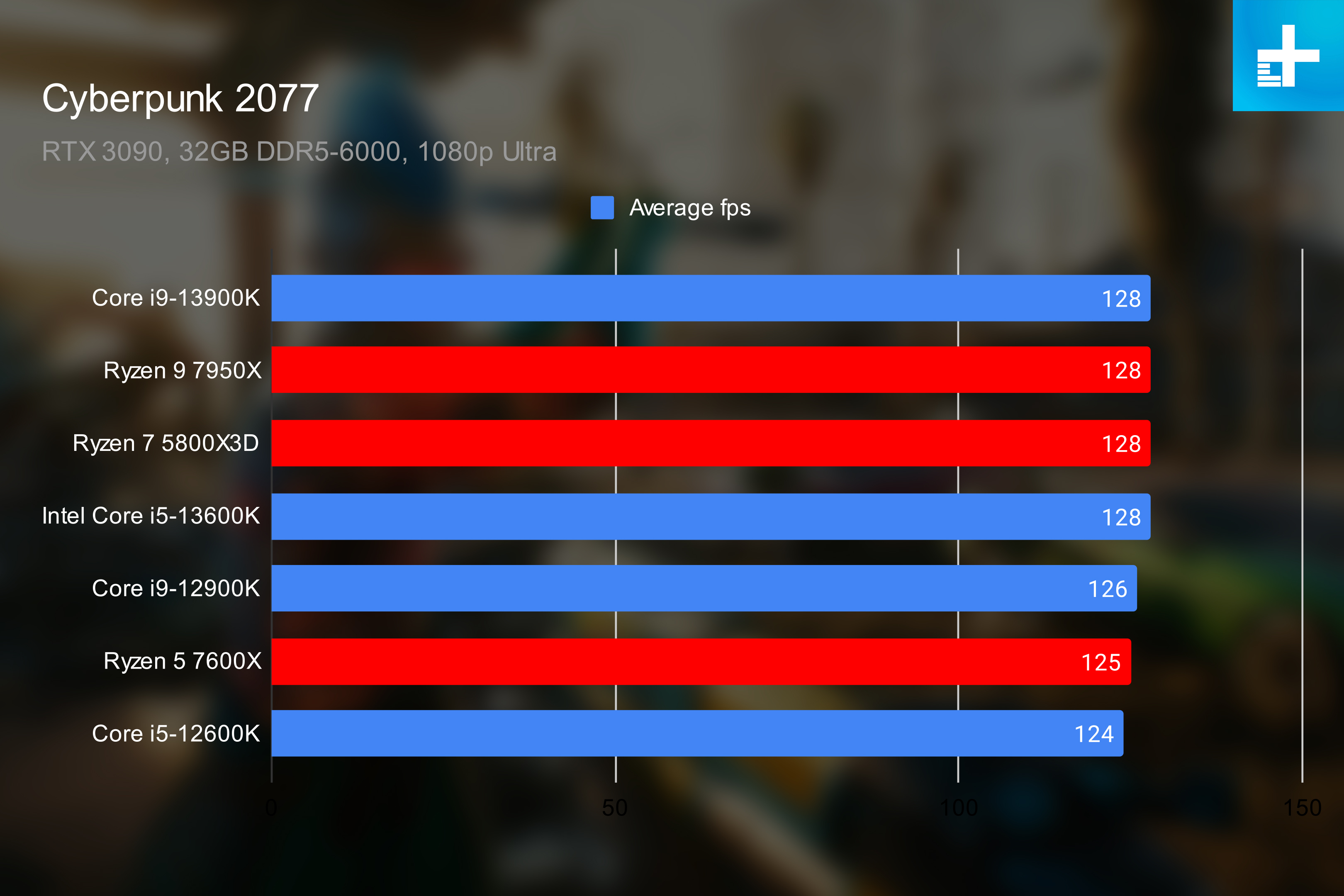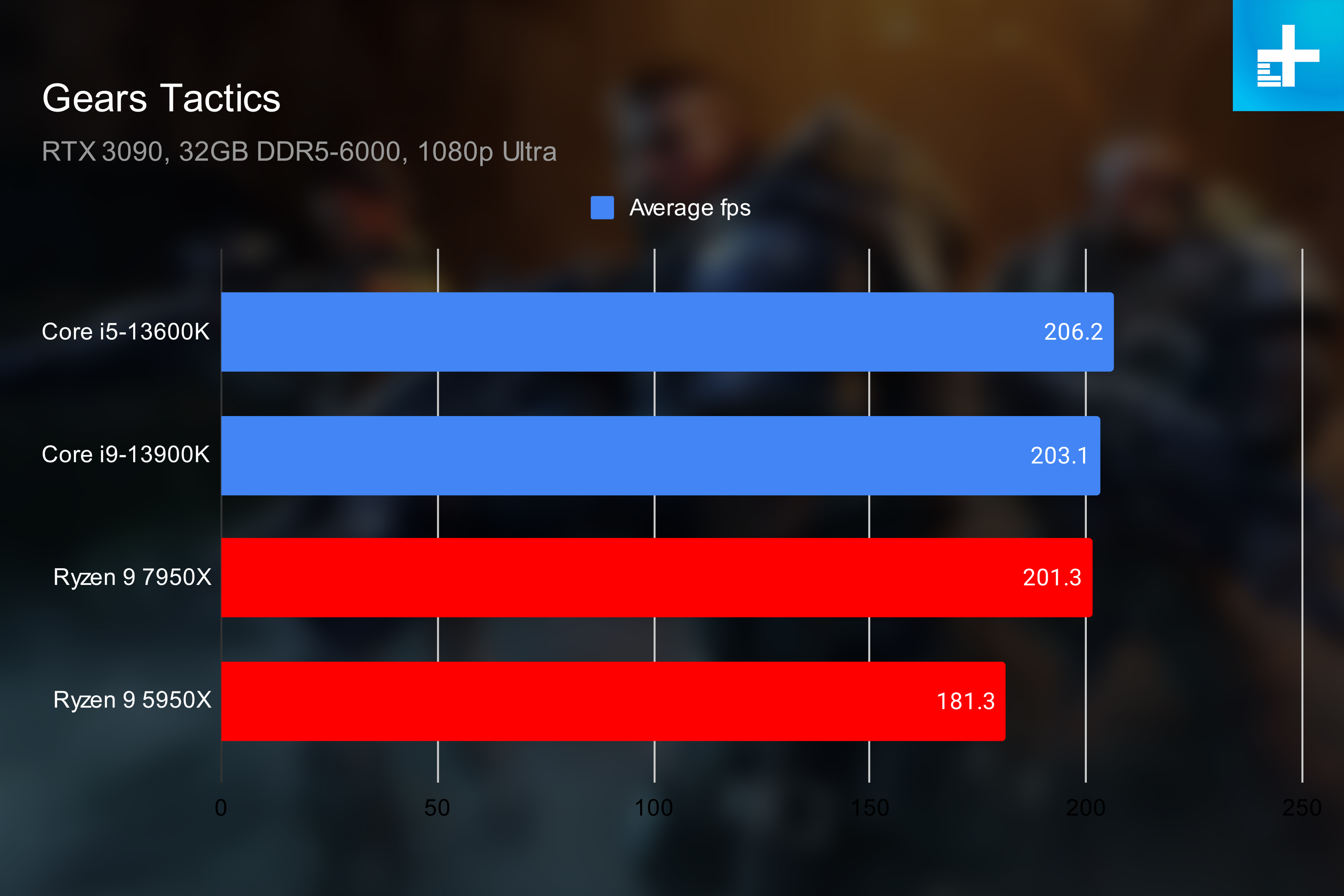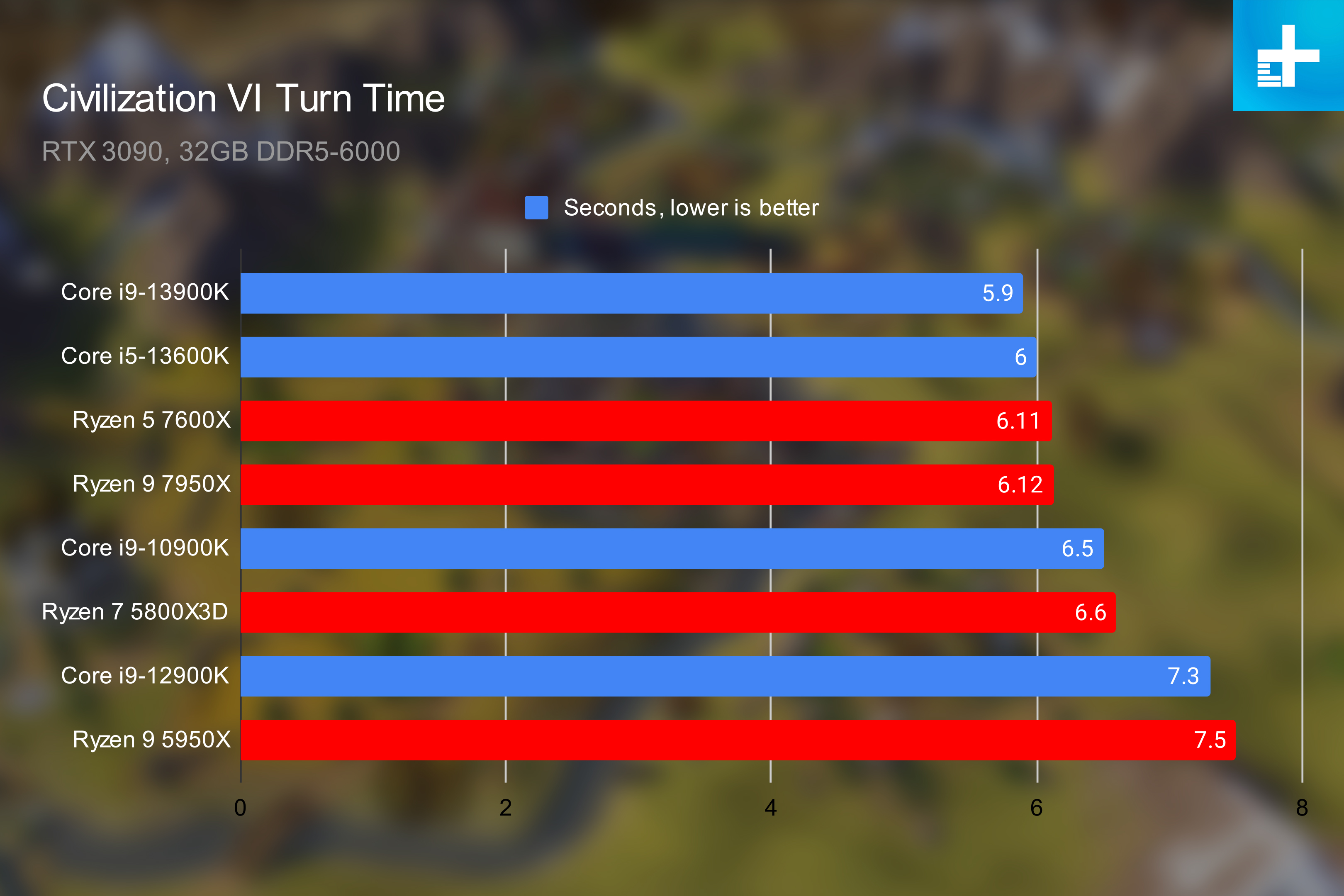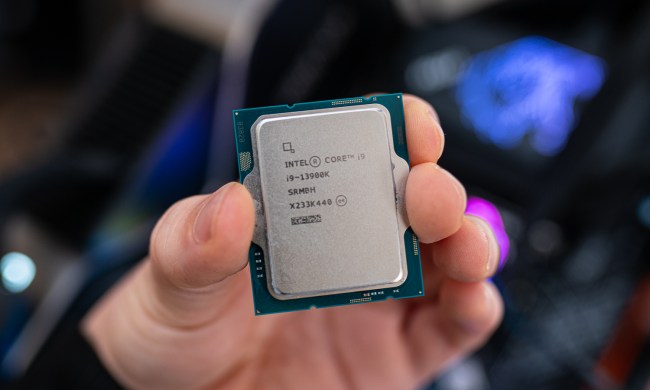Intel launched its 13th-generation Raptor Lake processors with the 24-core Core i9-13900K — and on the same day that AMD’s Ryzen 9 7950X hit store shelves. The Core i9-13900K and Ryzen 9 7950X are the flagship offerings of the next generation, and with both arriving so closely, PC builders have a tough choice between AMD or Intel.
Now that the Core i9-13900K is here, we can get an idea about how it holds up to the results we gathered in our Ryzen 9 7950X review. Our results show one thing: The journey to have the best processor of this generation is highly competitive.
Pricing and availability
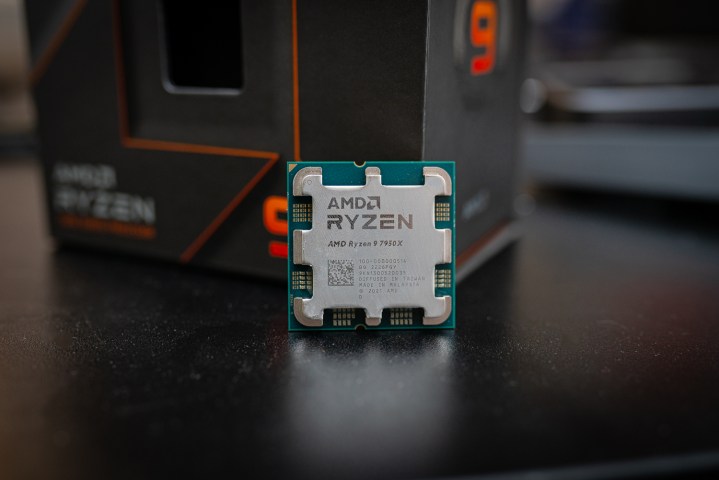
AMD released the Ryzen 9 7950X on the same day Intel announced the Core i9-13900K: September 27, 2022. It retails for $700, and it looks locked at that price for the time being. It’s unlike what we saw with the hugely popular Ryzen 7 5800X3D, which skyrocketed shortly after release before settling down at its list price.
The Core i9-13900K arrived on October 20. Intel is keeping with the same pricing as the Core i9-12900K this generation, with the new part clocking in at $589. That’s a bit of an optimistic price, as the Core i9-12900K regularly sold for around the $620 mark.
Even at that price, though, the Core i9-13900K is much cheaper than the Ryzen 9 7950X. Overall, you’re looking at around $100 less for Intel’s part, maybe $120 at the most. In addition, the Core i9-13900K supports last-gen 600-series motherboards (with a proper BIOS update), and you can use DDR4 memory given you have a DDR4-capable 600-series board. That drives down the total platform cost of the Core i9-13900K a lot compared to the Ryzen 9 7950X.
Specs
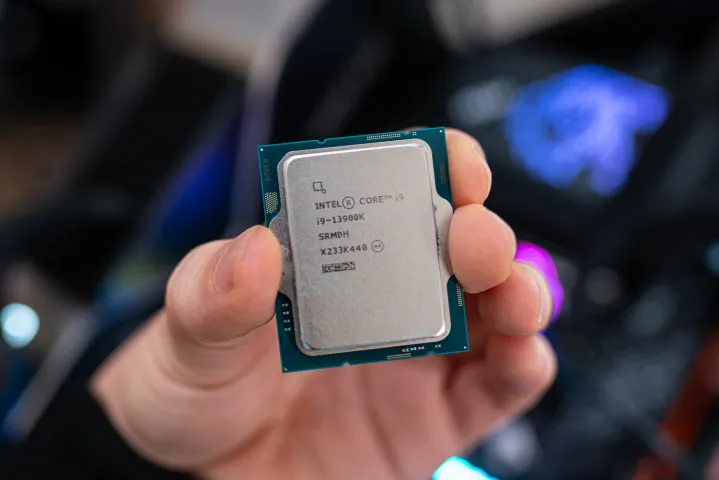
On paper, the Core i9-13900K seems to beat the Ryzen 9 7950X into the ground, but there’s a little more to the story. Like the previous generation, the Core i9-13900K combines performance (P) cores and efficient (E) cores. The E-cores aren’t nearly as powerful, so although they raise the core count, they don’t scale performance in the same way.
| Ryzen 9 7950X | Core i9-13900K | |
| Cores/threads | 16/32 | 24 (8+16)/32 |
| Boost clock speed | 5.7GHz | 5.8GHz |
| Base clock speed | 4.5GHz | 3GHz(P-core), 2.2GHz(E-core) |
| Cache (L2 + L3) | 80MB | 68MB |
| Maximum boost power | 230W | 253W |
| Price | $700 | $590 |
They certainly help with multitasking, though, which we saw in our Core i9-12900KS review. You get 24 total cores on the Core i9-13900K, split between eight P-cores and 16 E-cores. The Ryzen 9 7950X, meanwhile, comes with 16 cores. Although the Intel chip wins out on overall core count, the E-cores don’t support hyperthreading. That means you’re getting 32 threads on both parts.
The other spec of note is cache. Intel is boosting its cache, likely in response to the gaming prowess of AMD’s 3D V-Cache tech, and you get a total of 68MB split across L2 and L3 cache. AMD still has a slight lead here, though, with the Ryzen 9 7950X coming with 80MB of total cache. AMD focuses that cache more in L3, as the Core i9-13900K has twice the L2 cache as AMD’s part.
Although we can do the spec comparison endlessly, the reality is that the design and architecture are what ultimately determine performance. The only apples-to-apples spec we can compare is power, which is much closer than it used to be. AMD pushed power up to 230W for the platform, edging closer to the 253W limit of the Core i9-13900K.
Performance
We’ve seen a clear performance leader for the past few generations, but that’s not the case now. The Core i9-13900K and Ryzen 9 7950X are highly competitive, trading blows in most applications. Intel claims a very small lead in single-threaded performance, but the boosted core counts on the Core i9-13900K allow it to handed multithreaded tasks much better.
In applications, the Core i9-13900K tops the charts, but the Ryzen 9 7950X isn’t far behind. In some cases, such as 7-Zip and 3DMark’s Fire Strike test, the Ryzen 9 7950X actually claims the lead. If you want the best performance regardless of the margin, the Core i9-13900K is for you. But you’re giving up very little with the Ryzen 9 7950X.
In games, you’re giving up basically nothing. The Ryzen 9 7950X shows a lead in Far Cry 6, but the Core i9-13900K shows a similar lead in Forza Horizon 4. With how graphically demanding modern games like Red Dead Redemption 2 and Cyberpunk 2077 are, many titles show no difference between the two CPUs.
Although there’s generally a clear answer for the best processor, it’s tough this generation. AMD and Intel are trading blows with razor-thin margins, which puts a lot more emphasis on price. Although the Ryzen 9 7950X may win in some applications, it’s also about $100 more expensive than the Core i9-13900K.
Motherboard and socket
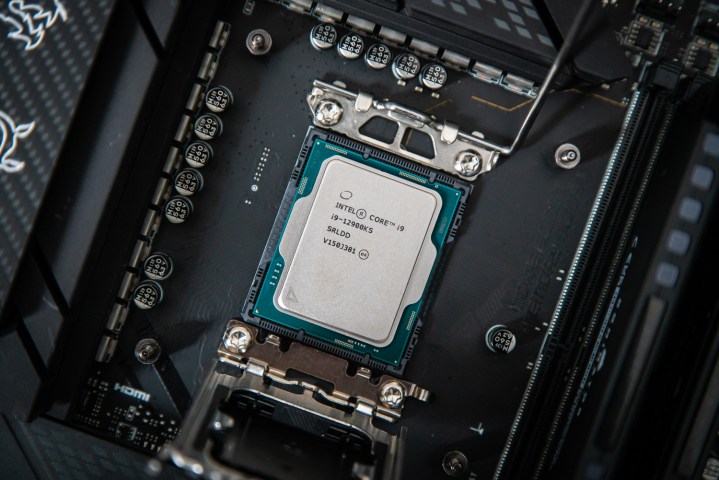
The Ryzen 9 7950X marks a big departure for AMD. It only works with the new AM5 socket, putting to rest the AM4 socket AMD has used since 2016. Along with a new motherboard, you’ll also need new DDR5 memory. Unlike the Core i9-13900K, AMD only supports DDR5 on Ryzen 7000 processors.
DDR5 prices are high, but AMD believes they’ll drop soon. Intel is sticking with its approach in the previous generation, offering DDR4 and DDR5 versions of most motherboards. Although the Core i-13900K supports DDR4 and DDR5, you’ll need to buy a motherboard that can fit the memory standard you want to use.
Intel is using the same LGA1700 socket, so if you built a machine with a 12th-gen processor, you should be able to upgrade without buying a new motherboard. Be sure to check the support resources for your particular motherboard, though. You need an updated BIOS on 600-series motherboards before installing the Core i9-13900K.
Although you’ll need more to upgrade to the Ryzen 9 7950X, most people will need to buy a new motherboard regardless of which CPU you choose. Going with DDR4 or reusing some you have could save you some money with the Core i9-13900K, but it depends on what your upgrade plans look like in the future.
Too close to call

This generation, it’s truly too close to call. The Core i9-13900K performs slightly better based on our testing, but it largely depends on the application. And in games, there’s almost no difference in most titles, while some favor AMD and others favor Intel. In short, it’s hard to go wrong with either of these processors, even if there isn’t a clear winner.
For most people, the Core i9-13900K is the better buy. It’s cheaper, and you can reuse a 600-series motherboard and DDR4. The Ryzen 9 7950X is hugely impressive, but with a higher price, expensive motherboards, and DDR5 being your only option, it’s a much more expensive option without a clear performance advantage.



